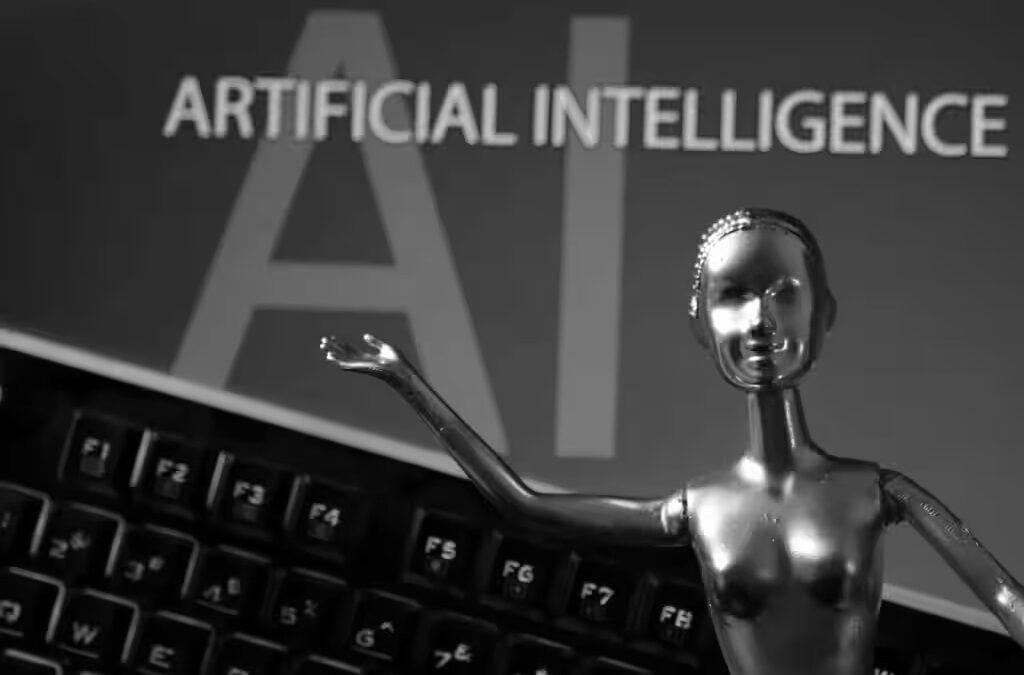A catalyst for change: AI can transform every aspect of care from diagnosis to treatment
GenAI can accelerate drug discovery process by generating molecular structures for new drugs and predicting their properties.
With its potential to make a dramatic impact with content, responsiveness and algorithms being capable of producing new videos, images and text that are very similar to real data, GenAI has certainly created interest in every sector. Healthcare sector too has witnessed several startups and is assessing the implications of integrating GenAI in its functioning. The given technology has the potential to revolutionise various aspects of medical research, diagnosis, treatment, and patient care.
The process of discovering a drug, carrying out clinical and field trials, seeking necessary approvals, has been complex and time consuming.
GenAI can accelerate drug discovery process by generating molecular structures for new drugs and predicting their properties. Resources required for caregiving and senior support becoming a huge challenge in several countries, robots that can take the place of humans are being experimented with. GenAI would help in improving movements of robots making them near human-like and thus make them effective for caregiving as well as helping in operating theatres.
Patients could receive personalised health advice using natural language queries with the help of interactive agents. Before conducting risky experiments involving huge investments on humans, GenAI could help create simulations of organs and diseases thus enabling medical professionals to study the implications in the virtual environment.
The multimodal capability of GenAI would also be helpful in studying disease patterns and occurrences thus enabling in early detection and improve patient outcomes. Thus the healthcare industry can benefit greatly with the adoption of GenAI.
Healthcare industry has been facing immense shortage of talent in various functions. Implementing GenAI here and realising the benefits thereof calls for a fundamental change in the manner in which resources are currently deployed. By remodelling the work processes, many of the administrative tasks performed by skilled personnel could be transitioned to GenAI tools.
Further to this, regular orientation on technology trends should be carried out for all the key stakeholders. Organisations should be prepared to set aside budgets for carrying out pilots and also migrate to new cloud based data platform.
Partnership of healthcare firms with technology firms at the early stage of GenAI implementation should be considered. The recent examples of Google’s Med-PaLM 2, which is available to customers for use case trials and Microsoft embedding GenAI into clinical software from Epic which is the biggest hospital EHR vendor in the US are worth following.
To what extent GenAI is should be considered for which areas has been a matter of debate. Since GenAI tools depend on the intelligence of the models developed and the data that is used to build these models, the role of humans training the models, safety of patients, data privacy have to be addressed. Regulation too is at a nascent stage and therefore cautious deployment would help in moving forward.
Originally appeared in Financial Express


